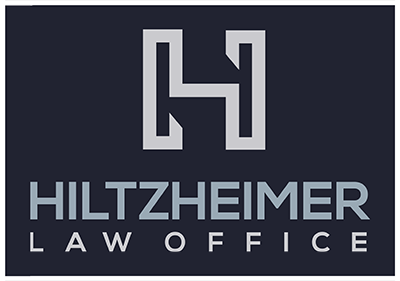The North Carolina Court of Appeals today in State v. Babich (PDF) ruled that the admission of expert testimony on “retrograde extrapolation” in a DWI case was error, because the State offered no evidence that the defendant in that case was in a “post-absorptive” state that might render a retrograde extrapolation calculation relevant. In Babich, the expert merely assumed that the defendant was in a post-absorptive state for the purpose of the calculation, but no evidence was introduced to support the assumption. As a result, the Court of Appeals held that the admission of that evidence violated the “fit” requirement for expert testimony articulated by the United States Supreme Court in Daubert v. Merrell Dow Pharmaceuticals, Inc. (PDF, 1993).
In Babich, the defendant was stopped for speeding 91 in a 45 mph zone, and for running a red light at 45 mph. According to the stopping officer, the defendant immediately exited her vehicle after coming to a stop in response to the blue lights, and started to approach the officer. The officer ultimately asked her to perform standardized field sobriety tests, to which she agreed. According to the officer, she failed the tests. The officer arrested her for Driving While Impaired, and she registered a .07 BAC on the Intox EC/IR II at the police station. Rather than deny probable cause due to the under-the-limit BAC, the magistrate found probable cause, and another DWI case entered the North Carolina court system.
From there, the State took the case and, again, made the discretionary judgment to proceed on an impaired driving charge despise the under-the-legal-limit BAC of .07. Not only did the State proceed on the impaired driving charge, but the State spent tax dollars to recruit an “expert” in “retrograde extrapolation,” which has been described as “guessing backwards” as to a Blood Alcohol Concentration at the time of driving. In Ms. Babich’s case, the stop occurred at 3:26a.m. and the breath samples were taken at 5:07a.m. and 5:09a.m., a little over an hour and a half later.
According to available research, an individual’s BAC will rise for a period of time after alcohol is consumed. Depending on a variety of factors (the individual’s metabolism, food consumed, and other variables), the time period over which a person’s BAC increases will vary from a half hour to as long as two hours. In the case of Ms. Babich, her BAC at the time of driving could have been well under the .07 that it registered at the jail when she submitted two breath samples reading .07 grams of alcohol per 210 Liters of breath.
Retrograde extrapolation, on the other hand, is the basis for the State’s theory in cases like Babich that the BAC was actually higher at the time of driving, rather than lower, which the State is left to argue when the BAC is under the limit and the State is nonetheless bent on prosecuting the individual for an impaired driving offense (which, in the case of Ms. Babich, was both DWI and Habitual DWI, along with driving on a license revoked from a prior DWI, as well as reckless driving).
In the Babich case, the trial court admitted expert testimony on retrograde extrapolation, despite the lack of any evidence that the theory was tied to the specific facts in that case. As a result, the Court of Appeals ruled that the admission of that testimony was in error, and should not have been admitted without proof from the State that the “expert testimony proffered in the case [was] sufficiently tied to the facts of the case that it [would] aid the jury in resolving a factual dispute.”
Despite that holding, the Court of Appeals found that the other evidence in the case was so strong that there was no reasonable probability that the jury would have rendered a different verdict had the court not committed the error. As a result, the conviction was upheld despite the clear legal error by the trial court with respect to a central component of the State’s evidence.
★★★
Durham DWI lawyer Ben Hiltzheimer is a criminal defense attorney in Durham, North Carolina, who represents individuals charged with DWIs and the full spectrum of misdemeanors and felonies. Contact us for a free, confidential consultation and case evaluation at (919) 899-9404.

 Reviews
Reviews
